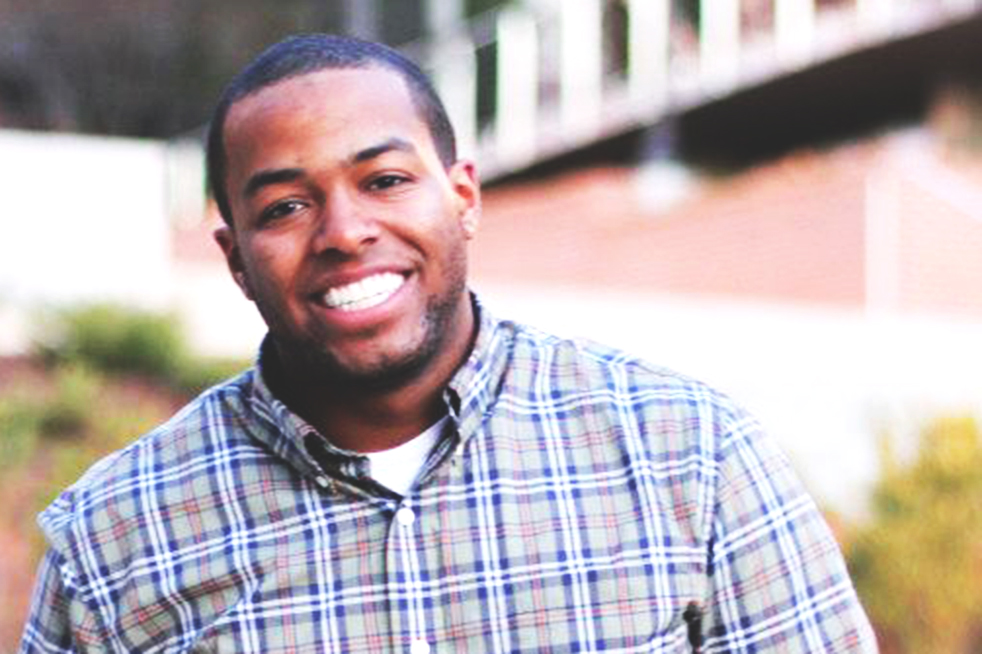Everyone’s been a part of one. You may not have been the reason a group didn’t work out, but you’ve surely seen a group fall apart due to its dysfunctional nature and the people involved. Depending on the end goal, the vision of that result is lost when members of a group can not find a way to accomplish what they set out to do from the start.
There isn’t ever one aspect of a group that can be blamed for this dysfunction, but ultimately, it’s the way that all parts of a group come together that determines success.
As said by Swami Dhyan Giten, the author of Presence—Working from Within. The Psychology of Being, “All organizations are more or less dysfunctional. In a dysfunctional group the members of the group play three different roles: aggressor, denier and victim. The aggressor is the role that attacks and ridicules people, the denier never knows what is going on, there is ‘nobody at home’ and the victim is the resultant of these two roles.”
Now, Swami Giten’s statement is by no means authoritative, but I do believe that it encompasses many different working groups that are encountered on a daily basis.
Consider a study group in school. We’ve all been stuck with a narcissist who consistently tricks others into doing his work or a friend whose antics can never be taken seriously and only add comic relief to the group. If no actual studying is getting done in a study group, then the purpose of the group has probably been clouded over by its dysfunction.
Now, consider a more serious example. Suppose both parties of Congress cannot come to an agreement on spending and cause an entire government shutdown. When there are people within your group who are adamant about stopping a law that will increase taxes on the rich and reduce subsidies to private insurers in order to help low-income Americans buy health insurance, then there’s a problem. If your group’s actions are causing hundreds of thousands of federal workers to have their pay furloughed as well as many government operations stopped while you still get paid to bicker, then there’s an issue.
Today, dysfunction is so prevalent, it’s often not even recognized as problematic. This accepted dysfunction encourages many small-minded people to adopt ‘groupthink’ solutions to problems that could be solved otherwise. Ultimately, few are able to see the big picture of a situation, and they instead hold back a much larger group from accomplishing anything.
This is unacceptable. When faced with big decisions, groups cannot falter. They cannot hesitate because they don’t see eye to eye when there is a majority that has spoken. Differences have to be put aside in order for the members of a dysfunctional group to compromise or offer a solution to a problem for the greater good rather than halt all operation in order to force the hand of the other side.
